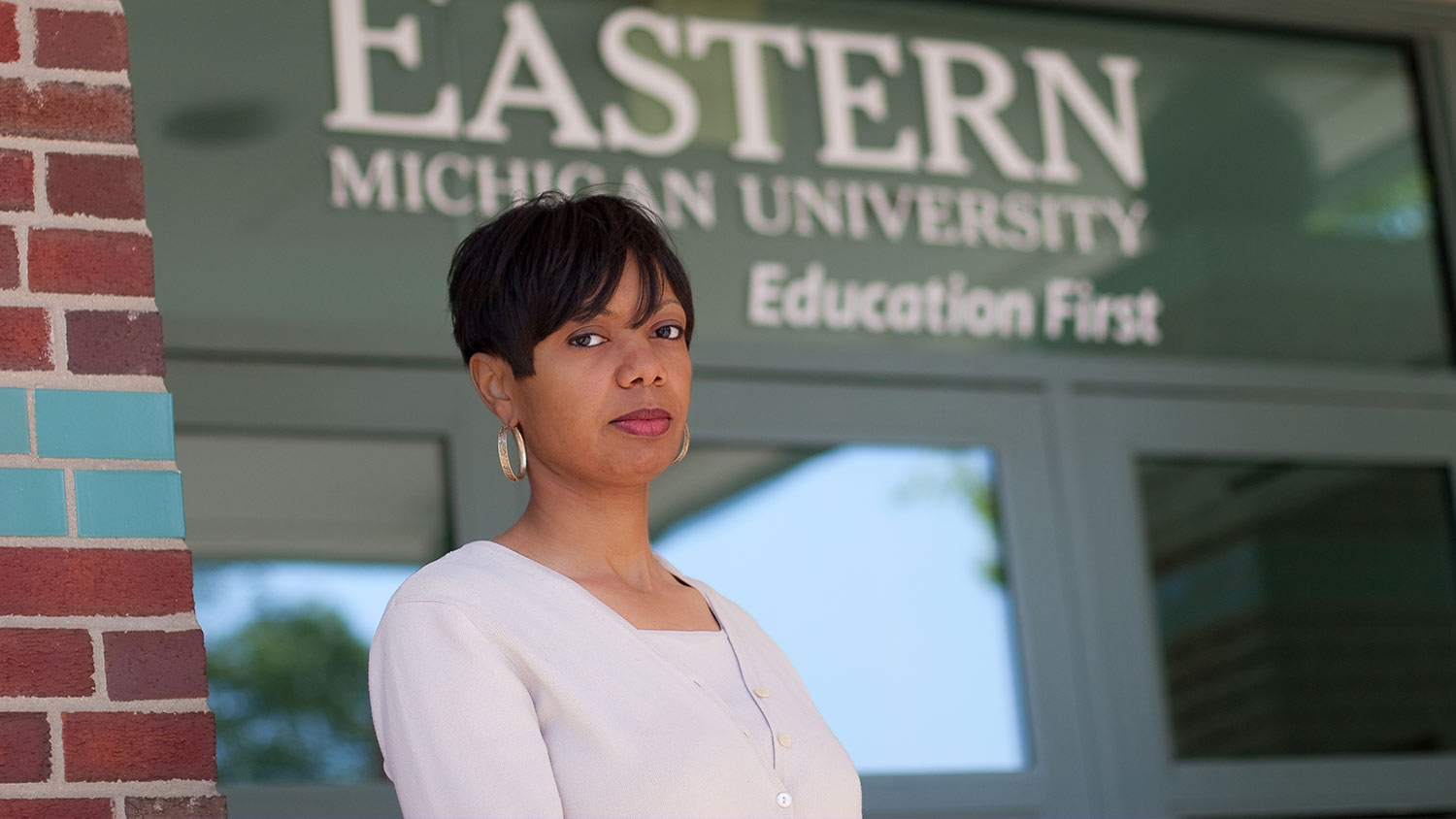
CINCINNATI — The U.S. Court of Appeals for the 6th Circuit ruled Friday in favor of Julea Ward, an Eastern Michigan University graduate student represented by Alliance Defense Fund attorneys who was expelled from a counseling program for her beliefs. In a strongly worded opinion, the court reversed a district court decision in favor of the university and sent the case back for trial, saying “a reasonable jury could conclude that Ward’s professors ejected her from the counseling program because of hostility toward her speech and faith….”
“Public universities shouldn’t force students to violate their religious beliefs to get a degree. The court rightly understood this and ruled appropriately,” said ADF Legal Counsel Jeremy Tedesco, who argued before the court in October of last year. “Rather than allow Julea to refer a potential client to another qualified counselor–a common, professional practice to best serve clients–EMU attacked and questioned Julea’s religious beliefs and ultimately expelled her from the program because of them.”
In its opinion, the court wrote, “A university cannot compel a student to alter or violate her belief systems based on a phantom policy as the price for obtaining a degree…. Why treat Ward differently? That her conflict arose from religious convictions is not a good answer; that her conflict arose from religious convictions for which the department at times showed little tolerance is a worse answer.”
EMU initiated its disciplinary process against Ward shortly after she enrolled in a counseling practicum course in January 2009, when she was assigned a potential client seeking assistance regarding a sexual relationship that was contrary to her religious convictions. Ward recognized the potential conscience issue with the client, and asked her supervisor how to handle the matter. Ward was advised to reassign the potential client to a different counselor. EMU then informed Ward that she could only stay in the counseling program if she agreed to undergo a “remediation” program. Its purpose was to help her “see the error of her ways” and change her “belief system” as it relates to counseling about homosexual relationships.
At a subsequent formal review meeting, EMU faculty denigrated Ward’s Christian views and asked several intrusive questions about her religious beliefs. Among other things, one EMU faculty member asked Ward whether she viewed her “brand” of Christianity as superior to that of other Christians, and another took Ward on what the faculty member called a “theological bout” designed to show her the error of her religious thinking. A faculty committee then dismissed Ward from the counseling program.
“Ward was willing to work with all clients and to respect the school’s affirmation directives in doing so,” the 6th Circuit wrote. “That is why she asked to refer gay and lesbian clients (and some heterosexual clients) if the conversation required her to affirm their sexual practices. What more could the rule require? Surely, for example, the ban on discrimination against clients based on their religion (1) does not require a Muslim counselor to tell a Jewish client that his religious beliefs are correct if the conversation takes a turn in that direction and (2) does not require an atheist counselor to tell a person of faith that there is a God if the client is wrestling with faith-based issues. Tolerance is a two-way street. Otherwise, the rule mandates orthodoxy, not anti-discrimination.”
Steven M. Jentzen, one of nearly 2,100 attorneys in the ADF alliance, is local counsel in the case, Ward v. Wilbanks.
- Pronunciation guide: Julea (JEW’-lee-uh), Tedesco (Tuh-DESS’-ko)
ADF is a legal alliance of Christian attorneys and like-minded organizations defending the right of people to freely live out their faith. Launched in 1994, ADF employs a unique combination of strategy, training, funding, and litigation to protect and preserve religious liberty, the sanctity of life, marriage, and the family.
Ref. 18794

